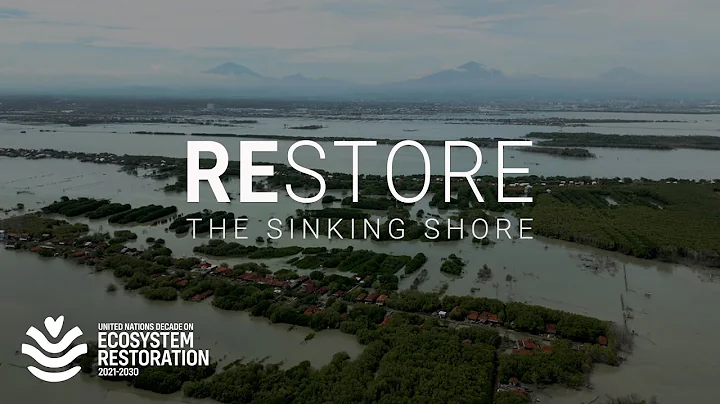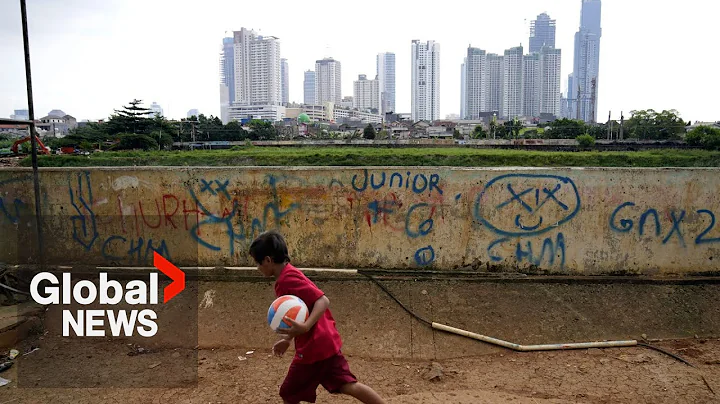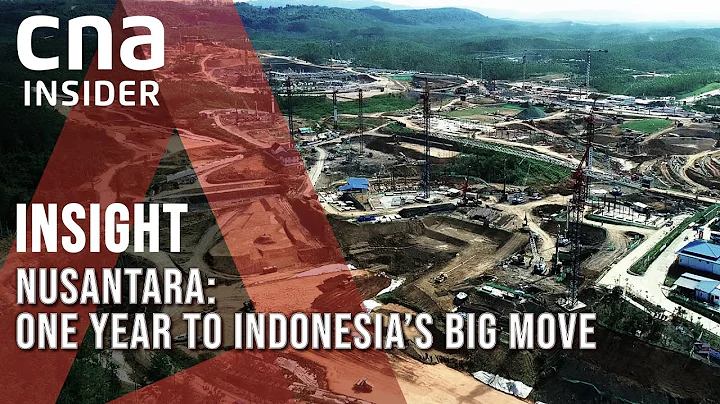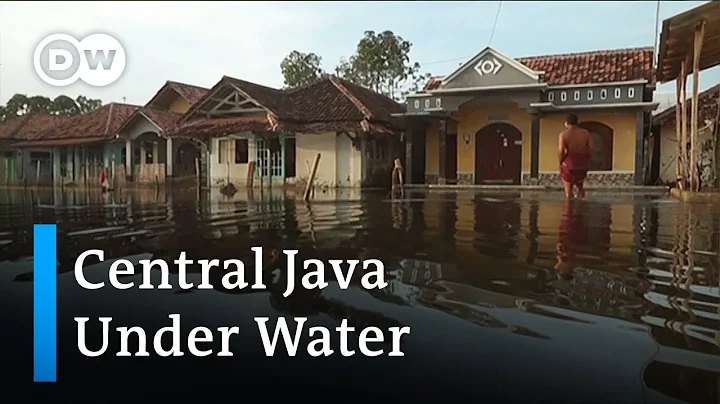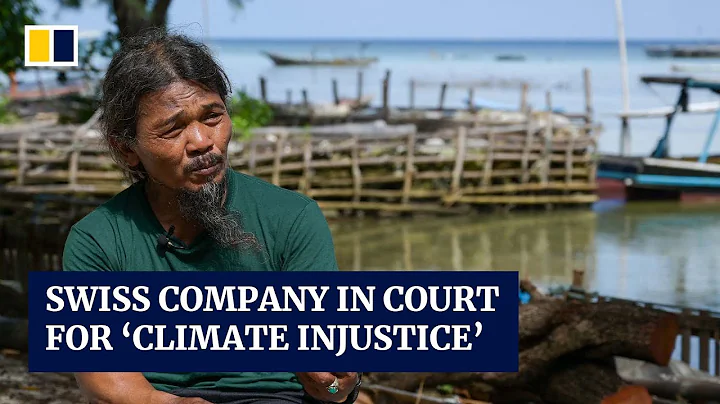Indonesia is called "The Country of Thousand Islands", but in fact, it has 17,506 islands. It is more appropriate to be called the "Country of Ten Thousand Islands". It is the archipelagic country with the most islands in the world, spanning two oceans. , two continents, and two hemispheres, namely the Pacific and Indian Oceans, Asia and Oceania , and the northern and southern hemispheres.
This extremely dispersed landmass has prevented Indonesia from forming a unified and independent country in the past few thousand years. It was not until the beginning of the 20th century that the national consciousness of the Indonesians as a whole gradually awakened, and it has only been so far. More than 100 years.

Diversity
Geography: In the past few thousand years, some indigenous tribes have been scattered on some Indonesian islands, but no tribe is powerful enough to control most of Indonesia today. There is no indigenous tribe on this island. A unified name or concept.
Language: The diversity of Indonesia is also reflected in the fact that there are more than 200 languages in Indonesia, and some even say there are more than 700 languages.
Religion: Religions are also very diverse. The most people believe in Islam , but there are also many people who believe in Christianity, Hinduism, Buddhism, Confucianism and local traditional religions.

Small countries: In the 3rd century AD, some scattered small feudal countries began to appear. Among them, the Majapahit Kingdom established on Java Island in 1293 was the most powerful. It paid tribute to my country's Yuan Dynasty and Ming Dynasty until it was destroyed by the Sultanate in the 15th century.
It is precisely due to fragmentation in geography, language, religion, etc. that makes Indonesia's unification more difficult than other countries.

Dutch occupation
Starting in 11510, the Portuguese, Dutch, and British came one after another, and they began to establish colonies on this archipelago. Among them, the Dutch arrived in Indonesia in 1595, and their colonies were mainly on the island of Java, which was the most populous island at that time.
 602, the "Dutch East India Company" was established to perform government functions. After years of erosion, by the early 20th century, the Dutch had occupied Indonesia's vast island, known as the "Dutch East Indies".
602, the "Dutch East India Company" was established to perform government functions. After years of erosion, by the early 20th century, the Dutch had occupied Indonesia's vast island, known as the "Dutch East Indies".
Around 1910, the national consciousness of Indonesians gradually awakened. In fact, the word "Indonesia" did not exist until about 1850, when it was coined by a European.
What played a vital role in truly unifying Indonesia was the birth of modern Indonesian language . This language evolved based on Malay in the northeastern part of Sumatra . It is simple easy to learn and has now become the official language of Indonesia. However, the language had not spread completely by the time Indonesia became independent, and many people still preferred to use their own dialects.

Japanese occupation
During World War II , Japan expanded to Pacific island countries and Southeast Asia in 1941. It occupied the Dutch East Indies in 1942, and the Dutch were driven away.
The purpose of the Japanese occupation of Indonesia was mainly for oil in Kalimantan and rubber and tin in Malay Peninsula . These precious primary products can provide a steady stream of power for the battlefield.
As Japan's situation on the battlefield gradually declined, coupled with the dissatisfaction of the Indonesians, in September 1944, Japan made a commitment to allow Indonesia to become independent, but did not give a specific date.
The Japanese occupation of Indonesia ended with its unconditional surrender on August 15, 1945.

Father of the Nation Sukarno
On August 17, 1945, anti-colonial leader Sukarno issued Indonesia's "Declaration of Independence" , designating "Pancasila", that is, the five principles of Indonesia's founding - belief in God, nation Unity, humanitarianism, democratic politics and social justice have become the basic ideology that unites Indonesians and the foundation of the country.
At that time, Muslim leaders, communist forces, local forces, the military and other forces had different visions for nation-building. Sukarno's greatest contribution was to unify them under one banner and complete the founding of the nation.
After the founding of Indonesia, the Dutch and the British came back. The imperialists just wanted to continue to have the rights and interests they had before the war. Sukarno resisted the attacks of the Netherlands and Britain. In November 1949, the Netherlands and Indonesia signed the "Round Table Agreement." Indonesia established a federal republic on December 27 of the same year and participated in the Dutch-Indian Federation.

In August 1950, the Indonesian Federation officially announced the establishment of the Republic of Indonesia, becoming the 60th member of the United Nations. In August 1954, it broke away from the Dutch-Indian Federation.
In 1961, Sukarno ordered the Indonesian army to occupy Dutch New Guinea through a series of political operations, making Dutch New Guinea legally a part of Indonesia.
The territory of modern Indonesia was laid in the hands of Sukarno. Sukarno enjoys high prestige in the hearts of Indonesians.
Coup
From September 30 to October 1, 1965, a military coup suddenly occurred. 7 generals, including the Commander-in-Chief of the Army and the Minister of Defense, were assassinated by some soldiers.
At this critical juncture in history, Commander of the Army Strategic Reserves Suharto stepped onto the stage of history. He turned the tide and quickly controlled the situation, demonstrating his sophisticated political skills and extraordinary leadership.

The army effectively took control of Sukarno. Over the next few months, pogroms against communist forces began. The army has established its dominant position in Indonesia.
Suharto
Suharto quickly became the de facto leader of Indonesia after this and battle. However, he did not rush to seize power, but gradually won people's hearts and minds step by step. In March 1967, Suharto became acting president and became the official president a year later. Suharto sat firmly on this throne for 30 years.
Suharto valued and provided benefits to the military. The military was deeply involved in Indonesia's political and economic life. Along with this, corruption and extortion were prevalent.
Suharto's wife was nicknamed "Mrs. 10%" because the projects she participated in always required a 10% commission, and his children also made a lot of money.

Indonesia during the Suharto period was one of the most corrupt countries in the world.
In 1997-1998, the Asian financial crisis caused the Indonesian currency to depreciate by 80%. In addition, the Indonesian people were dissatisfied with the corruption of the Suharto government for a long time, triggering large-scale riots.
In May 1998, the 77-year-old Suharto announced his resignation.
Modern Indonesia
Today, Indonesia has a population of 270 million, making it the fourth most populous country in the world and the most populous Muslim country in the world. Indonesia has a land area of 1.9 million square kilometers and a sea area of 3.17 million square kilometers. In terms of population and area, it is well-deserved to be the leader in ASEAN .
In recent years, Indonesia's economic development has entered a fast track, with its total economic volume exceeding US$1 trillion, ranking 16th in the world and first in ASEAN. Indonesia is a member of G20, and its economic and political influence is growing day by day.
Indonesia is the first place of "21st Century Maritime Silk Road" .

(Book card has been added here, please go to Toutiao client to view)
You have all seen this, give it a like and go!
